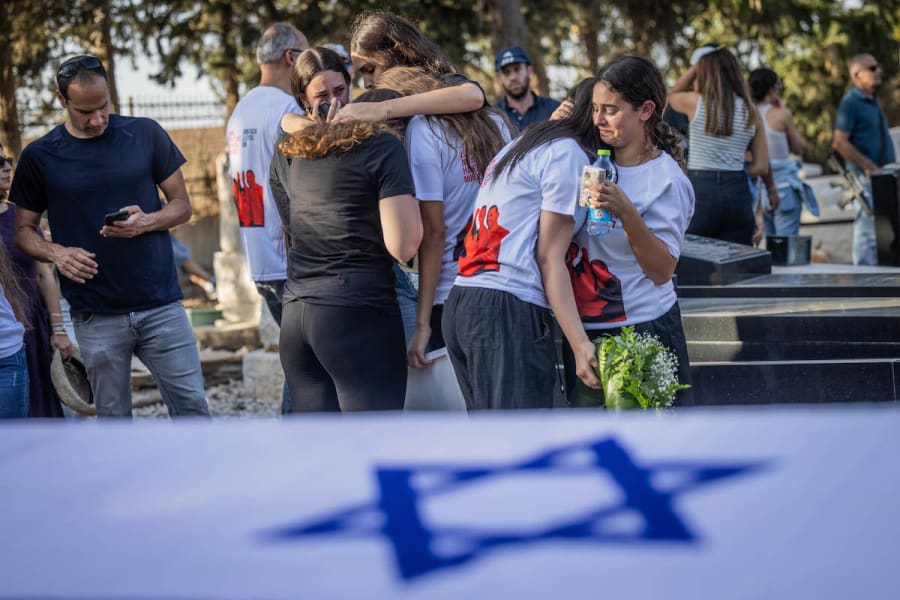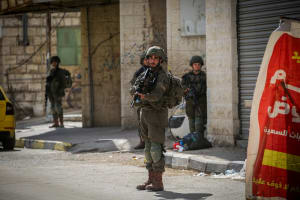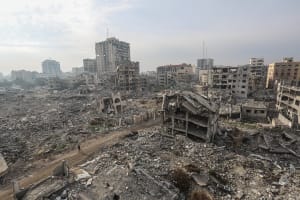Israel dealing with trauma and mental health crisis following Oct. 7 massacre

The organization that assists Israelis with war and terror-related trauma, NATAL, received some 15,000 calls for assistance last month following the Oct. 7 massacre and the ongoing bombardment of missiles launched into Israel by the Hamas and Palestinian Islamic Jihad terror organizations.
The number of calls received was more than ten times higher than the NATAL's reported average per month during peacetime – 1,200 calls - and is a testament to the mental health crisis developing in Israel.
The Knesset Health Committee held a special session on Monday to examine Israel’s mental health services in the wake of Oct. 7.
During the meeting, health officials presented a report revealing that health services in Israel were already overburdened long before the war began on Oct. 7 and would face grave challenges in dealing with the current crisis.
“Even before the outbreak of war, the public mental health system was significantly deficient, which was visible through, among other things, repeated claims of a significantly lacking budget, a lack of personnel, long waiting times for psychotherapeutic or psychiatric treatment, and poor infrastructure in mental health hospitals,” the report stated.
The report noted that the Health Ministry has not yet been able to estimate what the national mental health needs will be as a result of the ongoing conflict and it added that “the question arises as to if and when they will be able to make this assessment.”
The report also stated that Israel’s four main health maintenance organizations (HMOs) have been offering patients a total of 3 free therapy sessions over the phone or online.
“These programs are designed to provide a short, focused, and practical intervention, including coping mechanisms that will help prevent the patient’s mental state from worsening,” the report said.
Health Ministry Dir.-Gen. Moshe Bar Siman Tov confirmed that there has been “a significant increase” in the demand for mental health assistance.
“There has already been a significant increase in the demand for mental health care and assistance, and we anticipate a further increase. Effective and quick treatment may reduce the need for prolonged assistance by 50%,” he said.
The Knesset Health Committee also learned that at least 10 survivors of the Supernova Festival near Kibbutz Re’im have been forcibly committed to psychiatric institutions following Oct. 7, when 260 of their fellow festival-goers were brutally killed by the Hamas terrorists.
“In some cases, there was no choice,” said Daniel Raz, Israel’s Commissioner for Involuntary Hospitalization in the Justice Ministry.
"The festival attendees were in very difficult mental states. The survivors went into a turbulent mental state in light of the difficult experiences they went through and dealing with the unbearable loss. The Health Ministry is doing holy work, but there is no doubt that more needs to be done,” he said.
A number of initiatives have been set up to help the survivors of the festival massacre, who witnessed horrific scenes of torture, sexual assault and murder, such as meditation with horses at Moshav Ofer in northern Israel and a five-day holistic therapy retreat in Cyprus.

The All Israel News Staff is a team of journalists in Israel.













